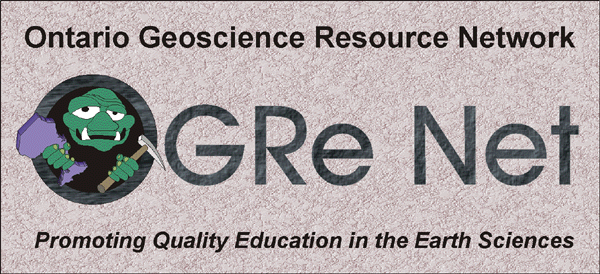


 The Earth System
The Earth System
The Earth functions not merely as a collection of separate natural processes, but as a complex interconnected system. The basic components of the Earth System, the geosphere (solid Earth), atmosphere, hydrosphere, and biosphere are linked so tightly that any change that occurs within one of these components has the potential to affect any of the other components. In this sense, if the pure sciences (mathematics, physics, chemistry and biology) are to be viewed as the fundamentals of understanding our natural world, then the Earth Sciences can be considered the glue that both unites the fundamental elements of science and provides a “big picture” of the Earth.
It is indeed important for us to provide our youth with knowledge of disciplines such as physics, chemistry and biology, but it is equally important for us to emphasize the importance of how all of these disciplines fit into the grand scheme of the natural world. This is particularly relevant today as we face global issues such as enhanced greenhouse warming, ozone depletion, the depletion of energy resources, and industrial expansion in the Third World. In order to understand and tackle these issues in the most appropriate way, we must first understand how the Earth System works and be mindful of the possible global consequences of human activities within the system.
A significant volume of information in this website concentrates on
the geosphere, largely because it is this component of the Earth System
that is the most problematic for teachers in terms of resource availability.
We do, however, encourage teachers to think about how the other sciences
relate to the geosphere within the Earth System and how a “systems approach”
to teaching can help students appreciate the significance of science in
their everyday lives.


